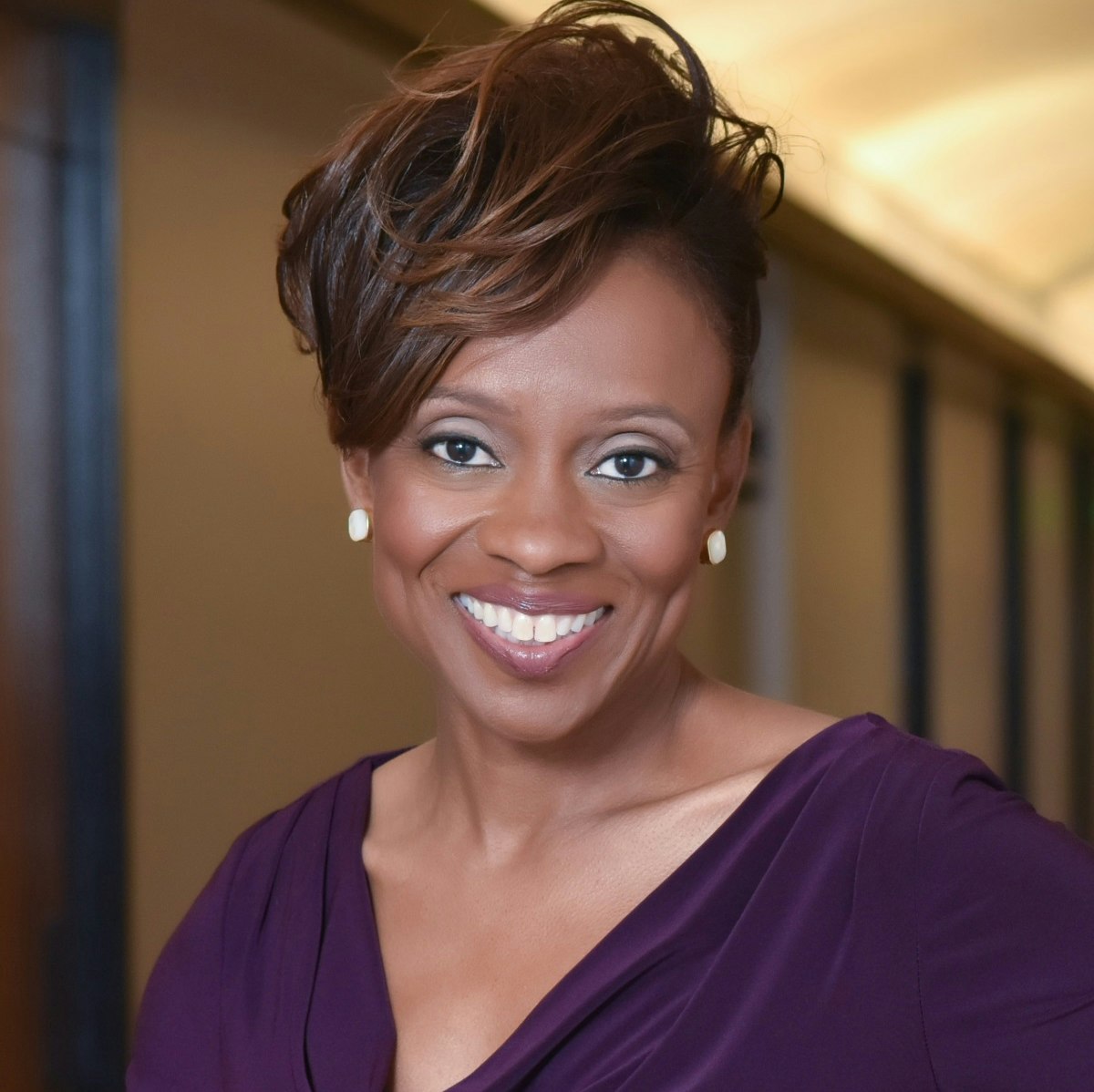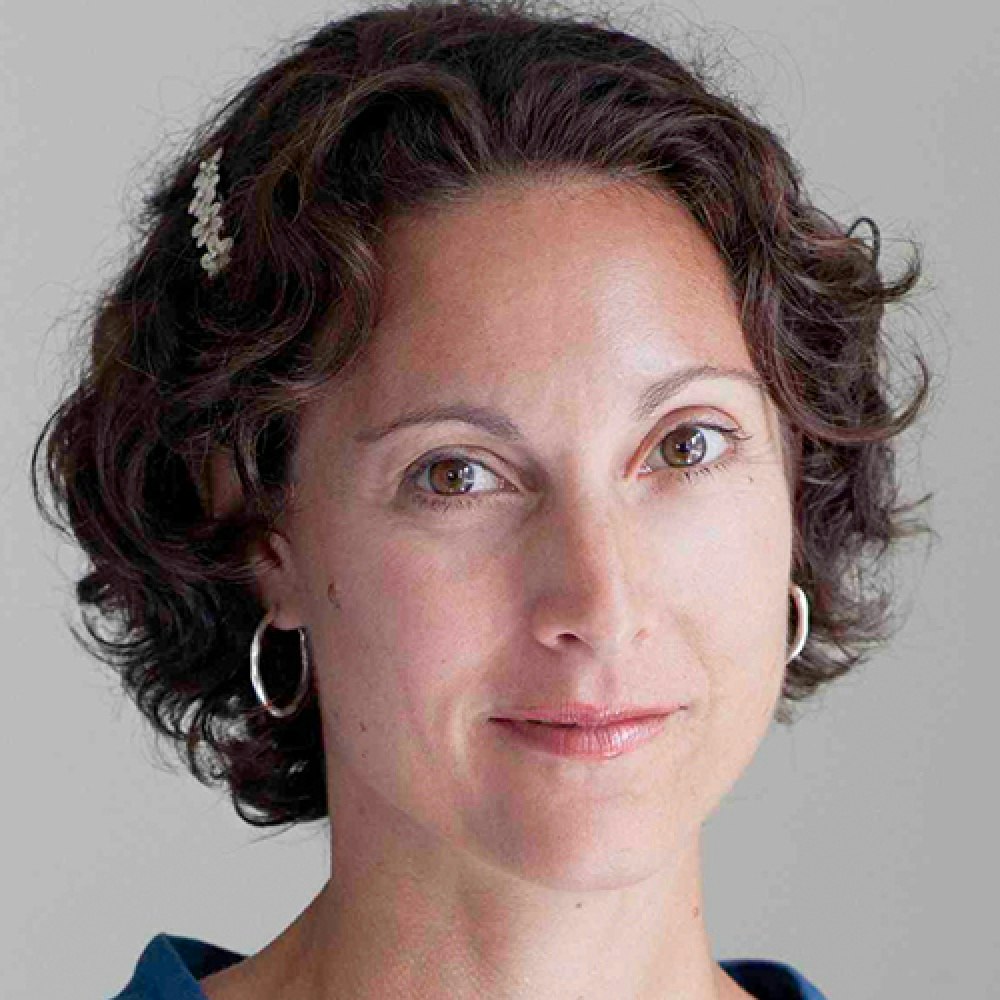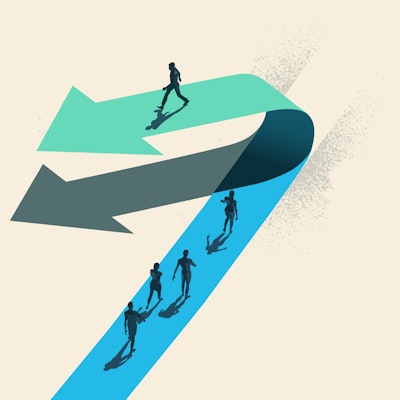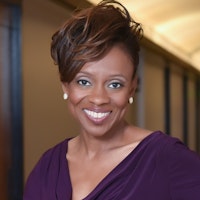Setup
Criminal justice reform is gaining momentum across the country in the hope of turning the page on the era of mass incarceration. But even the best possible laws must be carried out by humans. Implicit racial, religious, and gender biases, confirmation bias, tunnel vision, and myriad other human psychological foibles make objectivity all but impossible. Add to the mix the often unchecked power of prosecutors, and the result is a system rife with profound injustices. But there is hope: The authors of two new books related to our human shortcomings and how we beat them discuss what it would take to build a better justice system. Stick around after the event for a book signing with Emily Bazelon.
Bias is real — and it can be measured
Psychology professor Jennifer Eberhardt decided to cut through the noise surrounding bias in the criminal justice system and conduct laboratory studies to see if she could get some concrete results. What she found was that people not only see everyday people differently depending on who they are, but they also interpret mundane objects differently.
When subjects were repeatedly shown black male faces then shown blurry objects, the subjects saw the blurry objects as weapons more readily than if they were instead shown white faces.
Seeing is only believing
Eyewitness identification during criminal investigations and trials is an indispensable tool for police departments. But, says psychology professor Jennifer Eberhardt, the bias in inherent in eyewitness accounts is often misunderstood or ignored.
Big Idea[Peoples’ memories for faces] aren’t nearly as good as they like to believe—especially when you're in a situation where you’re fearful or threatened.Jennifer Eberhardt
Our memories are fleeting, says Eberhardt, and when we forget details we fill them in with assumptions. That leaves the door wide open for biases to take command of our memories.
By the numbers
Confirming our biases
Confirmation bias is an extensively studied psychological phenomenon, wherein people tend to interpret both new and old information in ways that support existing beliefs. Applied to policing, if investigators come in to a case with pre-existing ideas about the outcome, they’re more likely to find that the evidence fits their preconceptions. Jennifer Eberhardt and Emily Bazelon explain further:
This excerpt has been lightly edited for clarity
-

Jennifer Eberhardt: If the prosecutor has a story and it’s time to check for fingerprints or other evidence, and the test results are ambiguous, you resolve the ambiguity in the direction of consistency with the overall story, the overall narrative.
-

Emily Bazelon: And that shows how this seemingly neutral scientific evidence can be harnessed or twisted in favor of a particular narrative.
Since police are far from immune to biases, they sometimes fit the facts of a case to support those biases instead of seeking the truth.
No one’s a villain in their own story
Let’s say the evidence in a case becomes untenable to support a conviction, or new evidence emerges that could vacate someone’s prior conviction. Emily Bazelon says that in this situation, police officers, prosecutors, and judges frequently dig in their heels and refuse to accept that their first conclusions were wrong. Bazelon says that this moment of illogic is a psychological defense.
Big IdeaI think these psychological biases play into the resistance that professionals have to admitting they made a mistake The moral reckoning of recognizing that you did harm, instead of good, and in fact have ruined someone’s life, is too much to take in.Emily Bazelon
Or, as Jennifer Eberhardt puts it, “No one’s a villain in their own story.” Helping criminal justice communities understand, and course-correct for, biases in their own actions can help prevent those situations from unfolding in the first place.
Learn More
Additional Information
Resources
Charged: The New Movement to Transform American Prosecution and End Mass Incarceration by Emily Bazelon
Biased: Uncovering the Hidden Prejudice That Shapes What We See, Think, and Do by Jennifer Eberhardt
Explore More
Society


Being a parent today is full of stress, pressure and information overload. Experts offering advice are everywhere, and for some parents, the wealth of available resources can...

Capitalism has delivered prosperity for many, but not for all. Disparities according to gender, race, and geography have left millions behind, while rising concentrations of w...


The quest for work-life balance is never ending for many of us. The advice in this talk from the 2023 Aspen Ideas Festival still holds a lot of relevance, so we’re bringing it...


Living as a trans person in America comes with its share of challenges, which are sometimes even life-threatening. But some say it can also open up access to incredible freedo...

Global conflicts and health crises have put into stark relief deeply-ingrained gender roles in society. Yet the past years have also seen record-high numbers of women running...


Creativity is as intrinsic to our species as any of our basic instincts, says Debbie Millman, designer and curator. But for millions of people in the United States, the abilit...

The people in our lives shape who we are. But great relationships don’t just happen — they take care, intention, and ongoing effort. How do you know when to let go, adjust exp...


Advances in medicine and healthy living mean that more and more people will live to be 100. But just because their bodies can last doesn’t mean their bank accounts will keep u...


In the early days of cable television, there wasn’t a single network aimed at Black audiences. Sheila Johnson and her husband at the time saw an opening, and put all their hop...

Of course, Black history shouldn’t just be a month-long nod on our yearly calendar — it is inextricable from American history and fundamental to the very soul of our nation an...


Owning a professional sports team is not for the faint of heart. Results are volatile and wins and losses come with the strong emotions of a city’s fan base. But it’s a sound...


Looking around and experiencing the suffering and injustice in the world can make it difficult to believe that happiness exists. But the Judeo-Christian tradition teaches that...


This episode is from the 2022 Aspen Ideas Festival, but we’re bringing it back because it’s still as relevant as ever. Though it can sometimes feel like conflict and discord i...


Sir Ken Robinson believed that as a society, we tragically underestimate and underutilize human ability. We create linear systems for our minds modeled on industry and manufac...


Young people in America are struggling. The causes are varied and may not be entirely clear, but the results are unfortunately unmistakable. Many of our youth feel lonely, iso...


Many more Americans are struggling to survive and make ends meet than is typically portrayed in the media and public policy debates. And when poverty is depicted, harmful and...

New York Times columnist and bestselling author David Brooks is known for bringing his thoughtful reflections on politics and culture, but at this year’s Aspen Ideas Festival,...

Jump in by watching our 15 most popular talks of all time. From black holes to jazz and civil rights to psychology hacks, we've collected the talks that remain audience favori...


America’s “second founding” came on the heels of the Civil War, when the architects of the 13th, 14th and 15th amendments thought long and hard about how to enshrine civil rig...

Finding the national and global headlines understandably bleak lately? Whether you need mental distraction or stimulation, engross yourself in compelling topics and get a gli...









